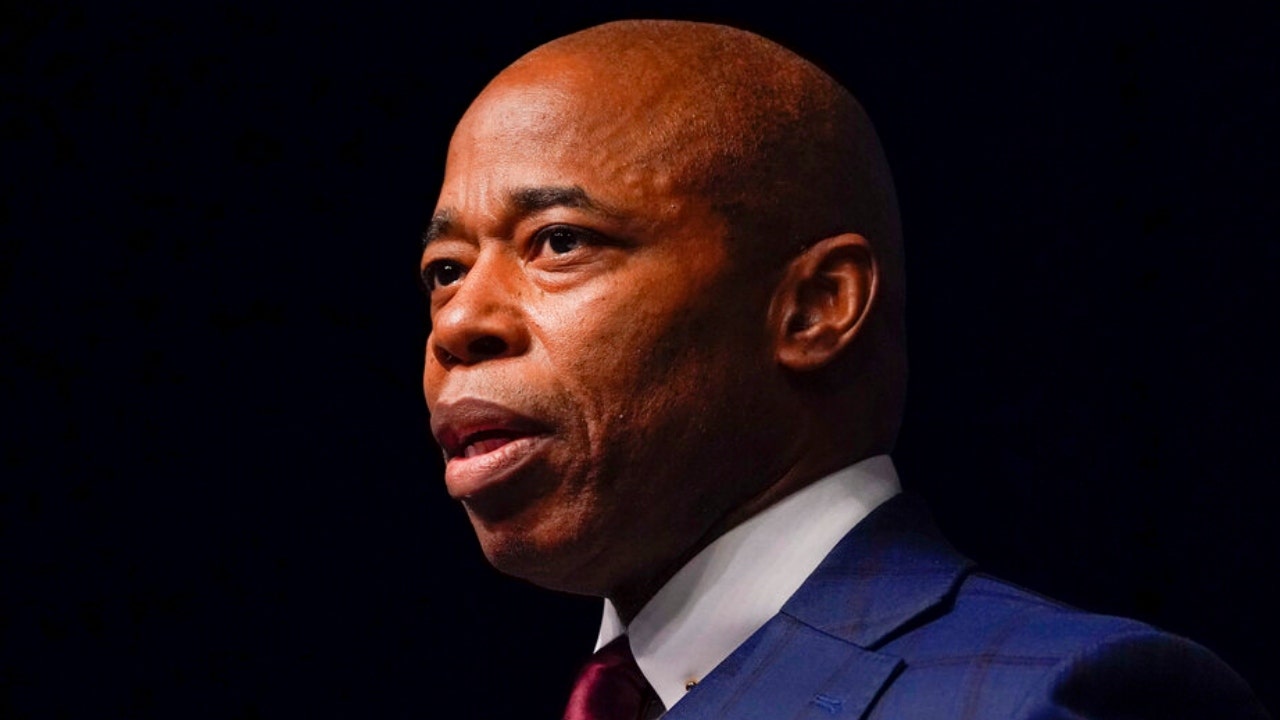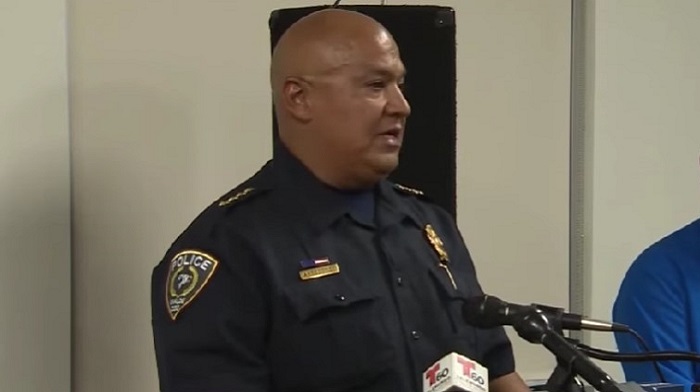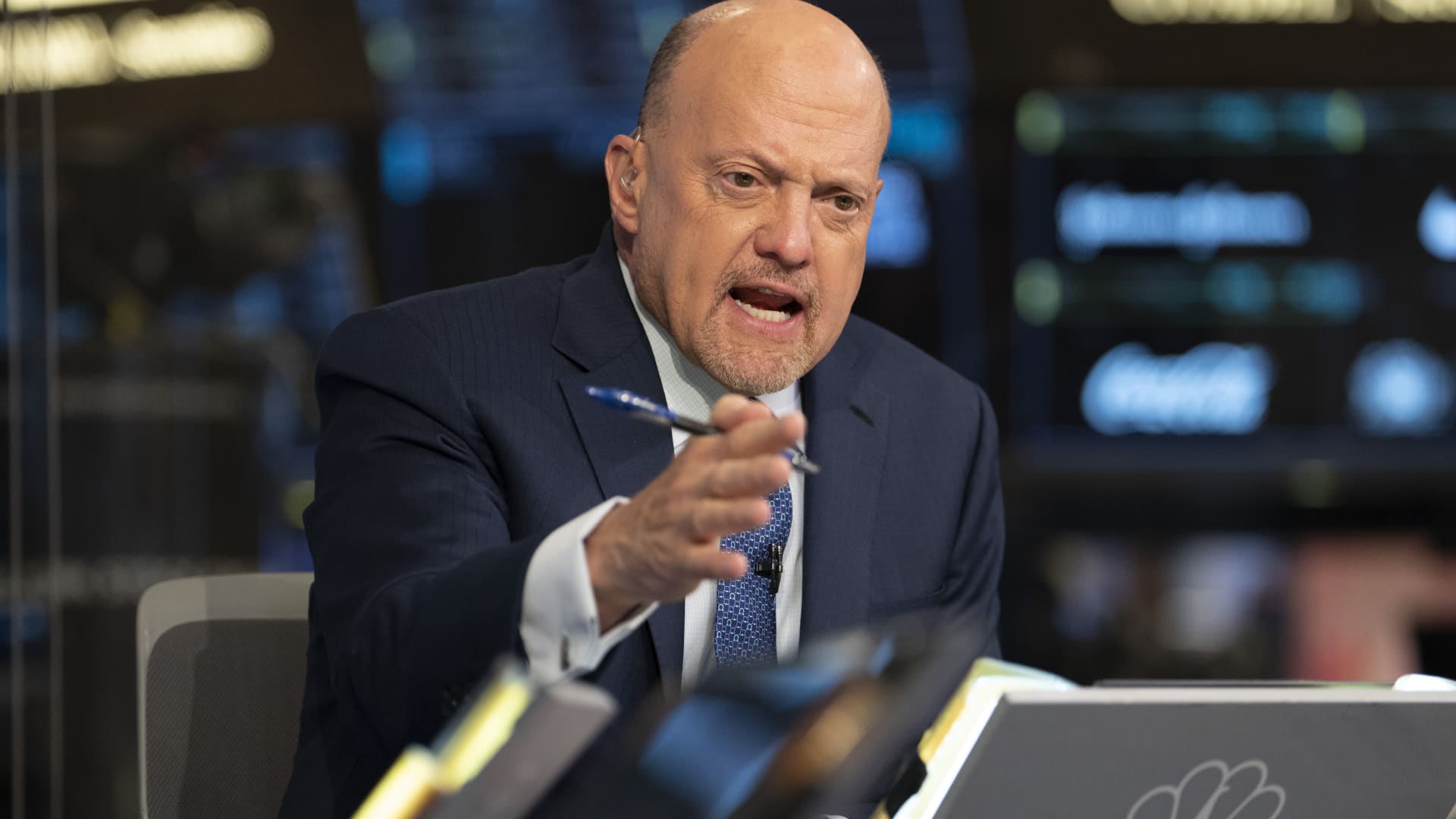Mark Rylance didn’t appreciate certain remarks that he remembers being made by real-life figures portrayed in his film The Trial of the Chicago 7.
During an interview with The New York Times that published online on Friday, Rylance responded to a question about whether the chance to play real-life golfer Maurice Flitcroft, who died in 2007, was part of the appeal of starring in his new film The Phantom of the Open. As it turned out, Rylance, having portrayed defense attorney William Kunstler in Netflix’s fact-based 2020 film Chicago 7, said he’s learned that playing prominent public figures can be tricky to navigate.
“I’m wary of playing very famous people,” Rylance explained. “Even William Kunstler is a bit on the edge of people really knowing him. The comments from some of the real-life Chicago Seven people, when they saw the film, and the nasty things they said about us trying to portray these characters, stung.”
The Don’t Look Up performer continued, “I’ve been asked to play Truman and different people like that. The shoe is a bit too tight.”
Rylance, who won an Oscar for 2015’s Bridge of Spies, did not provide specifics regarding any feedback to the Aaron Sorkin-directed film that may have bothered him. Chicago 7, which holds an 89 percent approval rating on Rotten Tomatoes, was nominated for six Oscars, including best picture and best supporting actor for Sacha Baron Cohen’s portrayal of Abbie Hoffman.
In an October 2020 interview with The Guardian, activist Rennie Davis, a member of the Chicago Seven who is played in the movie by Alex Sharp, said he was not consulted during production and didn’t agree with all of the film’s choices, although the project ultimately had his support. “There are some things that I wouldn’t agree with how Sorkin has characterized certain figures in the trial, myself included,” said Davis, who died in February 2021. “But the impact of the movie is there and I certainly endorse and support it.”
Another member of the Chicago Seven, Lee Weiner — portrayed by Noah Robbins — praised the movie to the Chicago Tribune as the best film representation he had ever seen of the trial. However, he implied that he was surprised that the filmmakers made Robbins “look totally straight,” rather than the “maniac” that Weiner believed himself to have been.


























































